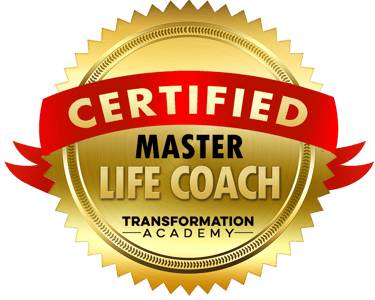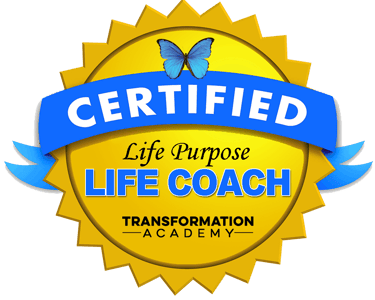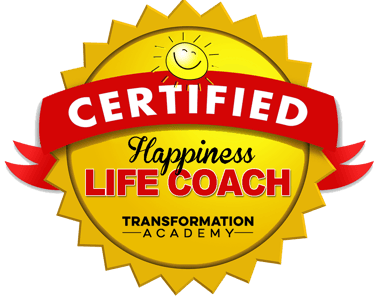Ready to Grow? Get my 5-Step Clarity Framework Guide
Walking the Talk: My Personal Battle with Stress and Balance
PRODUCTIVITY
5/31/20254 min read


Walking the Talk: My Personal Battle with Stress and Balance
1. Introduction – Losing Balance While Building My Dream
Starting my life coaching business was a dream in motion—but it quickly became a double-edged sword. I poured myself into helping others, often at the cost of my own well-being. Long hours, blurred boundaries, and mounting stress became part of the journey. Ironically, while guiding others to find balance, I was drifting further away from it myself. That contradiction hit me hard: How can I help others stay aligned if I’m losing my own footing?
2. The Breaking Point – Time to Practice What I Preach
It all came to a head during one exhausting day when I felt completely disconnected from my purpose. That’s when the truth sank in: I wasn’t walking the talk. I was coaching others on resilience and self-care while ignoring my own advice. That moment wasn’t just humbling—it was pivotal. I made a conscious decision to apply the same coaching tools and principles I offer to my clients, starting with myself. It was time to realign, for real.
3. Gamify Your Problems
Every game needs some rules, and the first step was to define the characters and structure. The game had two players: me and my circumstances—the ones trying to stop me from winning. My supporters were like my fans, and the critics, my challengers. The goal? Outsmart the situation.
I broke each big challenge into smaller tasks, setting time-bound rules for myself. Each completed task unlocked a “level” and came with its own reward. And the scoreboard? It was my own list of published accomplishments.
This shift—this idea of treating stress and struggle as levels in a game—transformed fear into fun. Instead of spiraling, I strategized.
4. Define What’s at Stake
To stay engaged in the game, I needed to define the stakes. What would I gain or lose by playing? That created the excitement.
I listed clear, actionable tasks: shutting down work by 7 p.m., going on a 15-minute evening walk, journaling before bed. Each completed task was paired with a meaningful reward—buying something I had been putting off, eating a favorite dish, calling a loved one, or simply enjoying a guilt-free movie. That positive loop kept the momentum alive.
5. Setting Up the Game
Like shuffling cards before a game begins, I had to create a starting point. I didn’t aim to overhaul my life overnight. I began small: five-minute meditations, one mindful meal a day, writing down a single thing I was grateful for.
These micro-habits fit into my existing schedule without disruption. They created space for success and built up tiny wins that made a noticeable difference.
6. The Hardest Part of the Game
This is the toughest part of any game—consistency. Only when micro-habits stack over time do you begin to see real results.
Eventually, those tiny changes turned into rhythms. I meditated longer, walked more regularly, and felt confident saying “no.” I used habit-stacking—deep breathing while waiting for coffee, stretching before meetings—to weave these new habits into my routine. Sure, some days I resisted. But staying consistent paid off.
7. Monitoring Progress and Staying Accountable
In any game, you need a scorecard. I journaled daily and tracked my stress levels with an app. Patterns became visible—weeks where I followed routines were calmer, more productive, and emotionally steady.
This feedback gave me clarity. It wasn’t just about doing the work, it was about seeing how that work impacted me. Monitoring helped me course-correct when needed and kept me honest.
8. Celebrating Wins and Restoring Alignment
Victories—no matter how small—deserved to be seen and celebrated. I made time to acknowledge them: out loud, in a journal, or with a small reward. Whether it was honoring my bedtime routine for a full week or staying calm during a packed day of client calls, I gave myself permission to feel proud.
That act of celebration reminded me: I was no longer just preaching these values—I was living them. And that restored my sense of integrity.
Template: Gamify Any Challenge (Weight Control Example)
This game framework can be adapted. Let’s say you want to control weight:
Define the problem: You’re consuming more calories than needed and missing protein.
Tasks:
Skip a portion (like snacks or breakfast).
Burn extra calories through exercise.
Set measurable goals: e.g., go to the gym 3 times a week or skip snacks daily.
Rules: Keep it simple and measurable.
Rewards: Treat yourself with a meal you love. Don't worry about drastic weight loss—you're building mental strength and a new identity first.
Micro-habits: Replace old routines—go for a walk when you’d normally snack, or prep a healthier snack instead.
Monitoring: Check in weekly. Are you progressing? Reward or reset as needed.
Publish: Share your journey to cement your new identity.
9. Lessons Learned: Why I’m Sharing This
Why gamify stress and life challenges? Because our brain craves short-term wins. Big goals without small steps are just good intentions.
I’m not sharing this because I’ve perfected balance—but because I’ve faced imbalance honestly. Walking the talk isn’t about being flawless. It’s about self-awareness, self-correction, and staying real.
For anyone who feels like they’ve drifted from their own advice—this is your invitation to begin again.
10. Conclusion – Alignment Achieved, Walking the Talk
Today, I’m not perfect—but I’m present. Stress hasn’t vanished, but my approach has transformed.
By applying the same tools I share with others, I’ve rediscovered what balance feels like. I’m more empathetic, more grounded, and more myself.
If you’ve ever felt that gap between what you preach and how you live—you’re not alone. But with the right mindset, structure, and support, you can close that gap.
Let’s keep walking the talk—together.
About the Author
Written by Jagpal Singh – Certified Master Life Coach and Founder of Singh Life Coaching. I help mid-career professionals align career success with inner fulfillment through mindset coaching and emotional clarity. If you’re ready to take the first step toward balance, book a free discovery call today.










